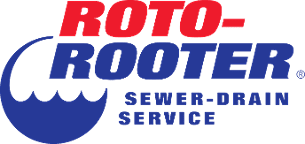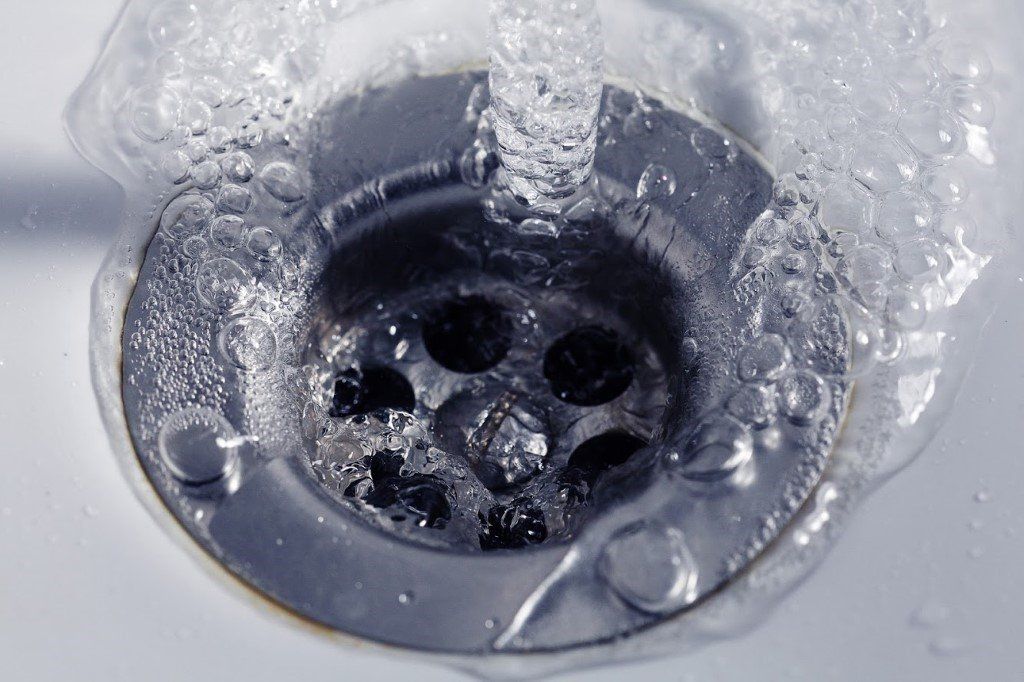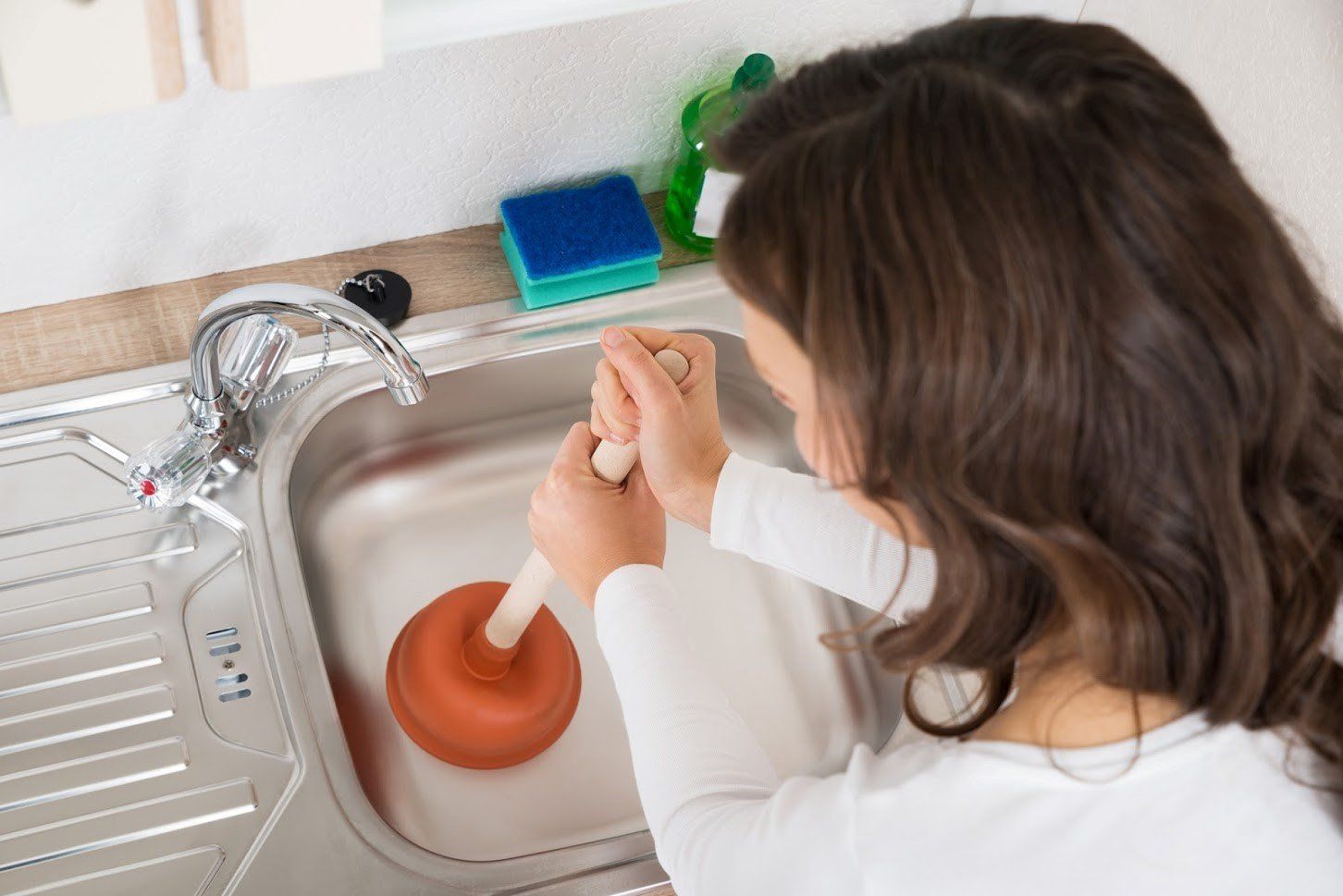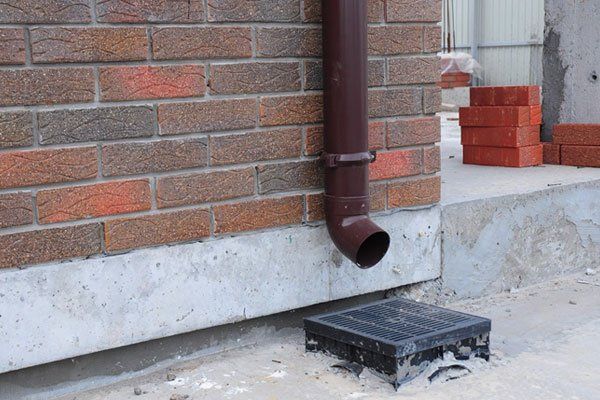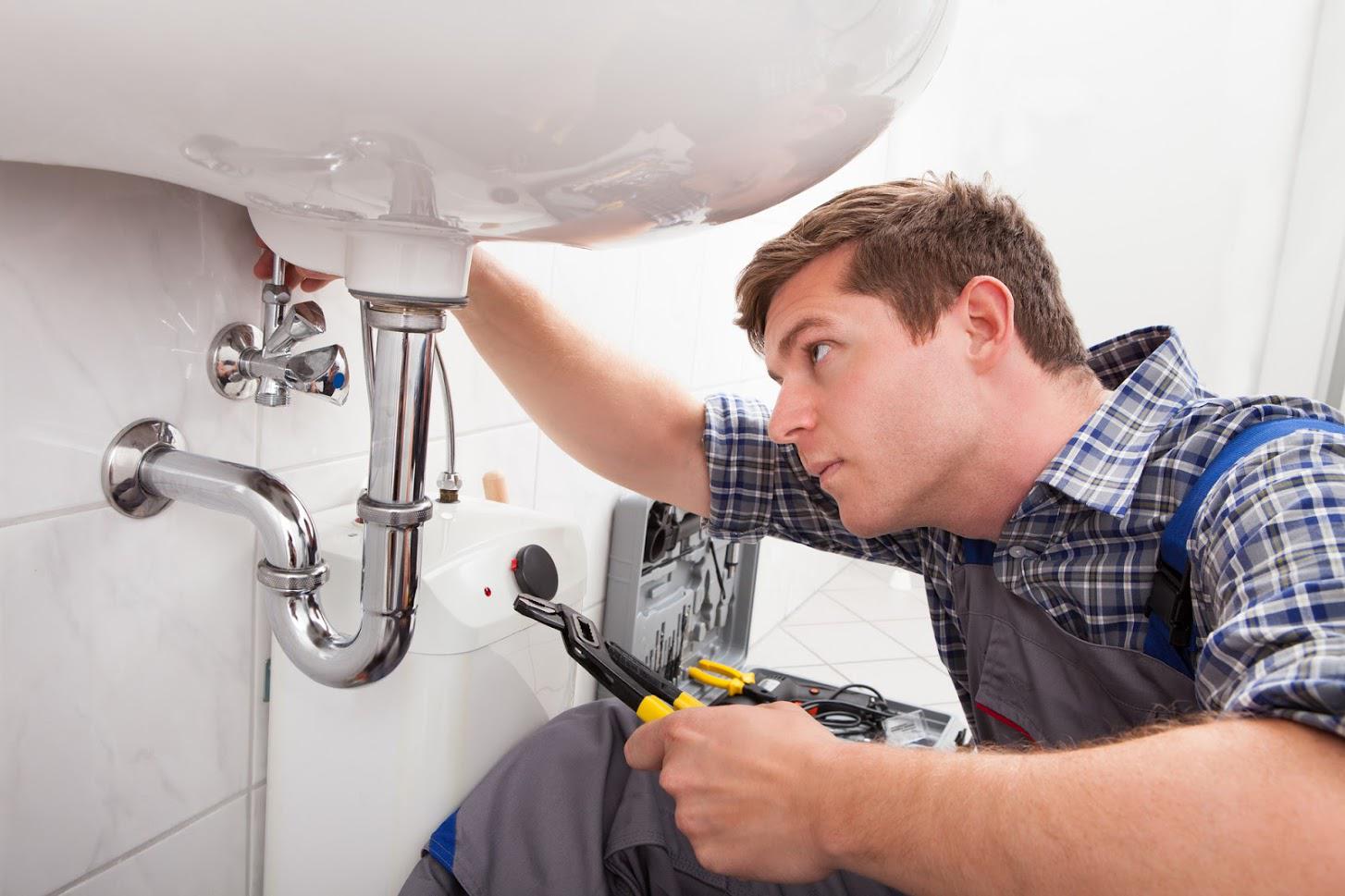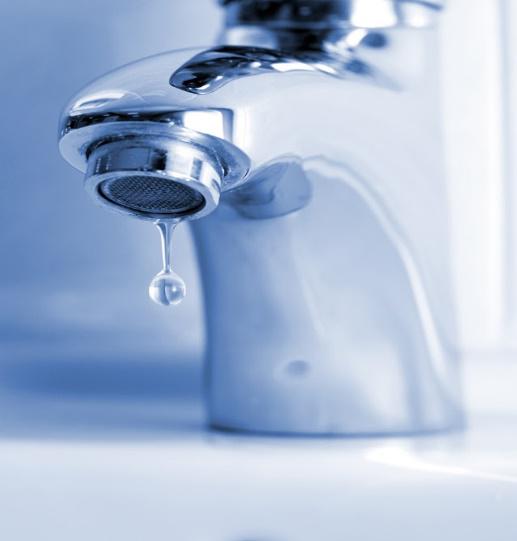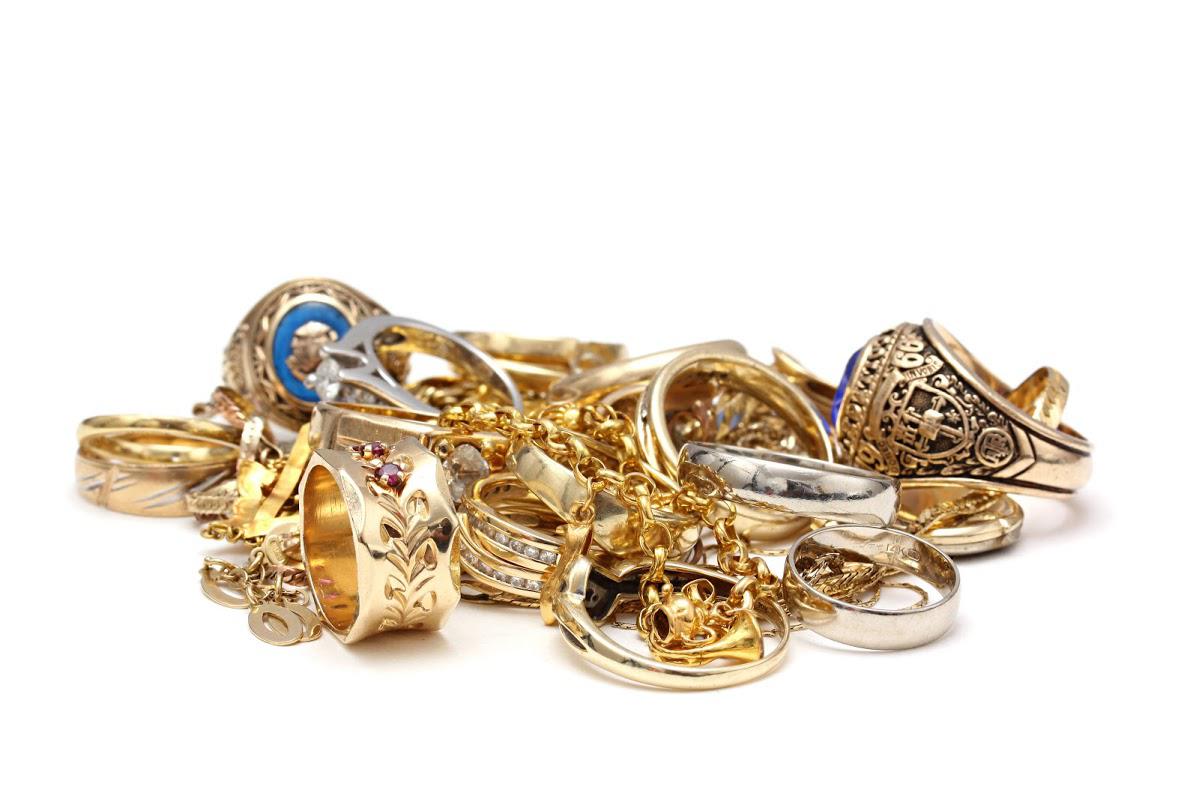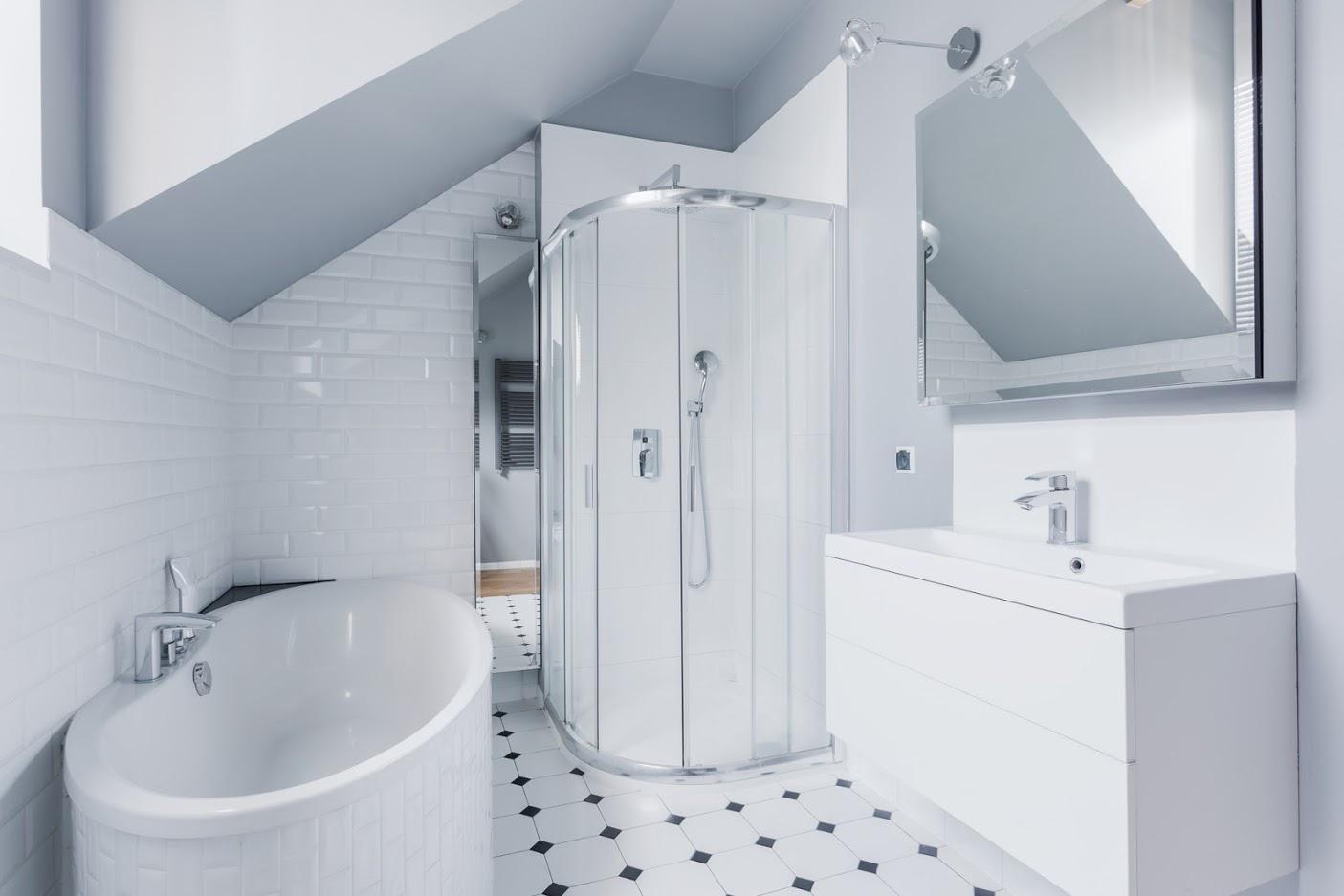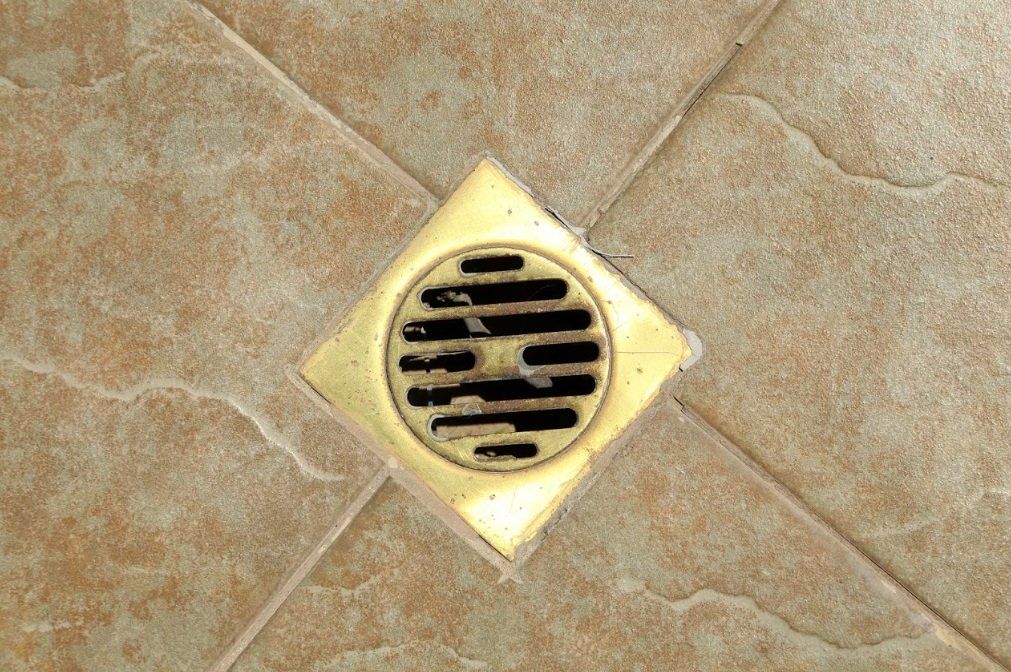4 Common Mistakes That Can Clog Drains
September 14, 2020
Your plumbing system does a lot of work, especially the drains, which have to remove massive amounts of waste without leaving clogs. Of course, there are many mistakes you can make that actually increase the risk of clogs, whether you realize it or not. Even trying to DIY your own clogged drain can cause further damage that will require costly repairs. If you want to learn more, check out these four common mistakes that can damage drains.
1. Using Your Garbage Disposal Like a Trash Bin
The garbage disposal is a great invention that allows you to easily rinse off dishes without worrying about getting big chunks of food in the pipes. However, it is not the same as your trash bin, and there are many items you should not put into the garbage disposal. First, only use your disposal for small amounts like the scraps left over after your dinner.
If your dinner consisted of a lot of starches like pasta or potatoes, however, it's best to toss it in the trash. Starchy foods easily turn into a sticky mess that can clog the drain. Similarly, stringy foods and hard items should be tossed in the garbage too. Stringy foods can get wrapped around the blades, and hard items may damage the system. Plus, the blades aren't sharp or strong enough to break up hard items.
2. Flushing Improper Items Down the Toilet
The toilet is strong enough to take toilet paper and your waste, but there are a lot of items that should not go into your toilet. For example, many people prefer flushable wipes over toilet paper, but even though they are marketed as "flushable," they can cause clogs as they don't break down like toilet paper.
Naturally, don't flush menstrual products down the toilet either. These products are designed to absorb liquid and expand, which is exactly what they do when you flush them, which can quickly create a massive clog. Flushing dental floss, hair, and similar materials can also clog a toilet. These don't break down, and they can actually create a net to trap more items. Other items you should not flush include paper towels, condoms, and medication.
3. Overusing Drain Cleaner
If you aren't using your plumbing system correctly, or you haven't maintained it, you may deal with a lot of clogs. It can be tempting to use over-the-counter drain-cleaning products to quickly and cheaply destroy the clog, but overusing these cleaners can lead to more expensive problems.
These drain cleaners use a lot of powerful chemicals like lye and bleach. While a little exposure may not harm your pipes, frequent exposure to these corrosive chemicals can actually damage the pipe. This is because the same chemicals that are used to break down the clog can also break down your pipes.
4. Mixing Metals to Join Pipes
If you've ever tried to DIY your own plumbing, you know that there are many different products and materials from which to choose, but this decision is extremely important because if you mix and match different types of metals, it can actually expedite corrosion, which can increase the risk of leaks and clogs.
This corrosion happens when you mix Nobel and base metals. Nobel metals are stingy, so they don't share electrons. Base metals, however, are too generous. As a result, the Nobel metal steals electrons from the base metal, causing the base metal to corrode faster than normal.
If you've noticed slow or clogged drains, don't try to fix it on your own. Harsh over-the-counter chemicals may work on one or two small clogs, but they can also damage your plumbing. If you would like to learn more, or if you need a quote for drain cleaning, contact us at Roto-Rooter Sewer and Drain Service.
